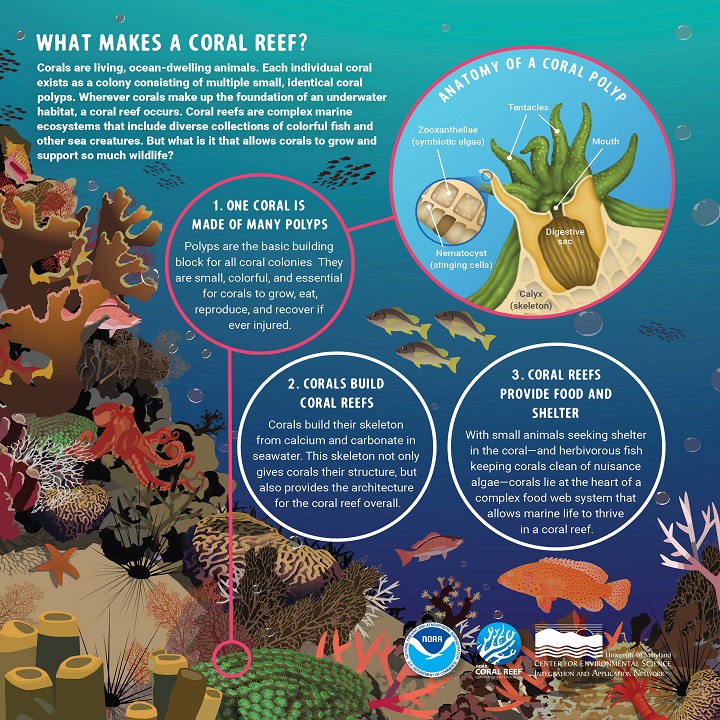Coral skeleton formation rate determines resilience to acidifying oceans
4.8 (431) · $ 8.00 · In stock

A new UW–Madison study has implications for predicting coral reef survival and developing mitigation strategies against having their bony skeletons weakened by ocean acidification.
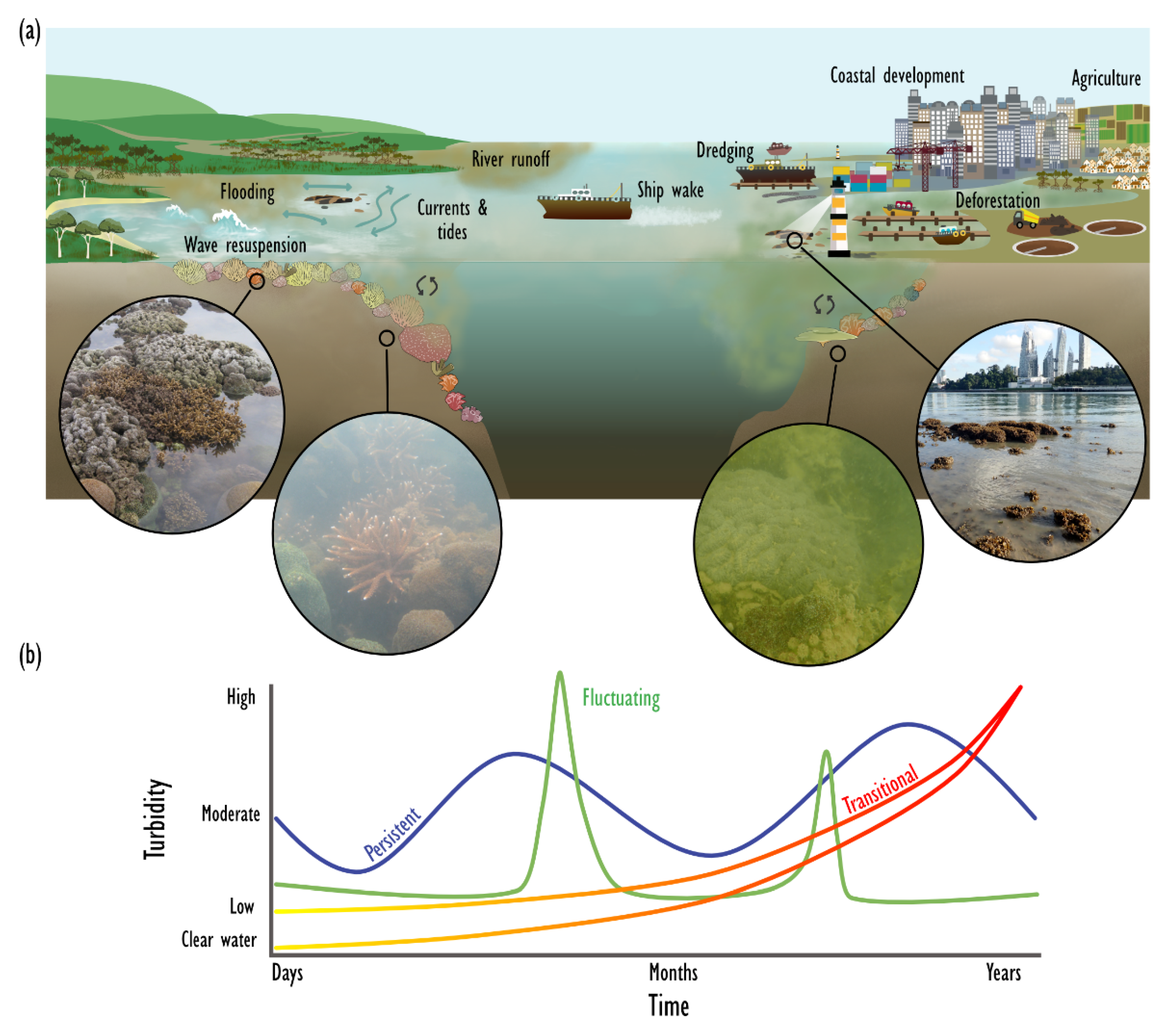
Diversity, Free Full-Text
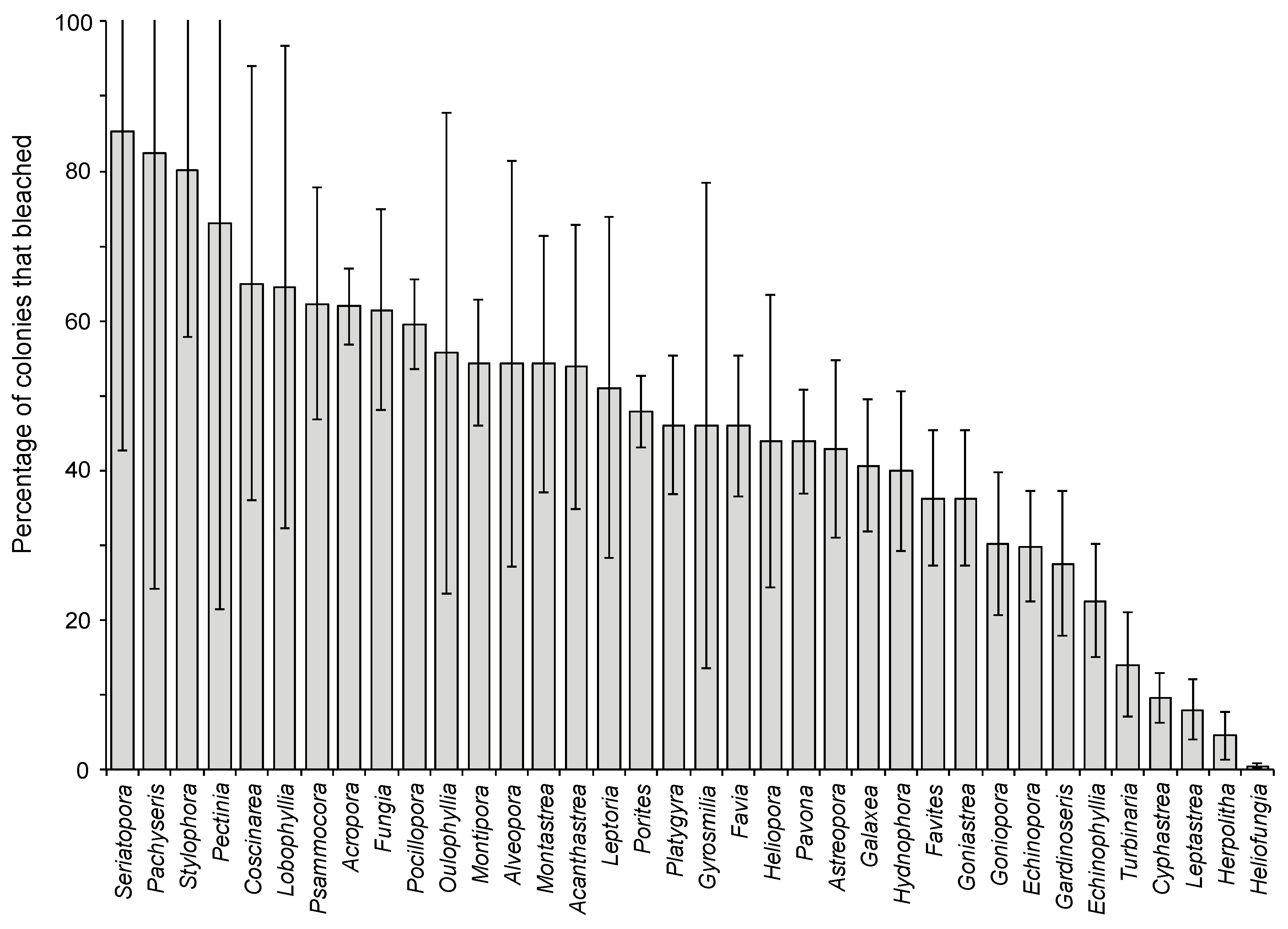
Diversity, Free Full-Text

What medieval skeletons tell us about modern day pandemics
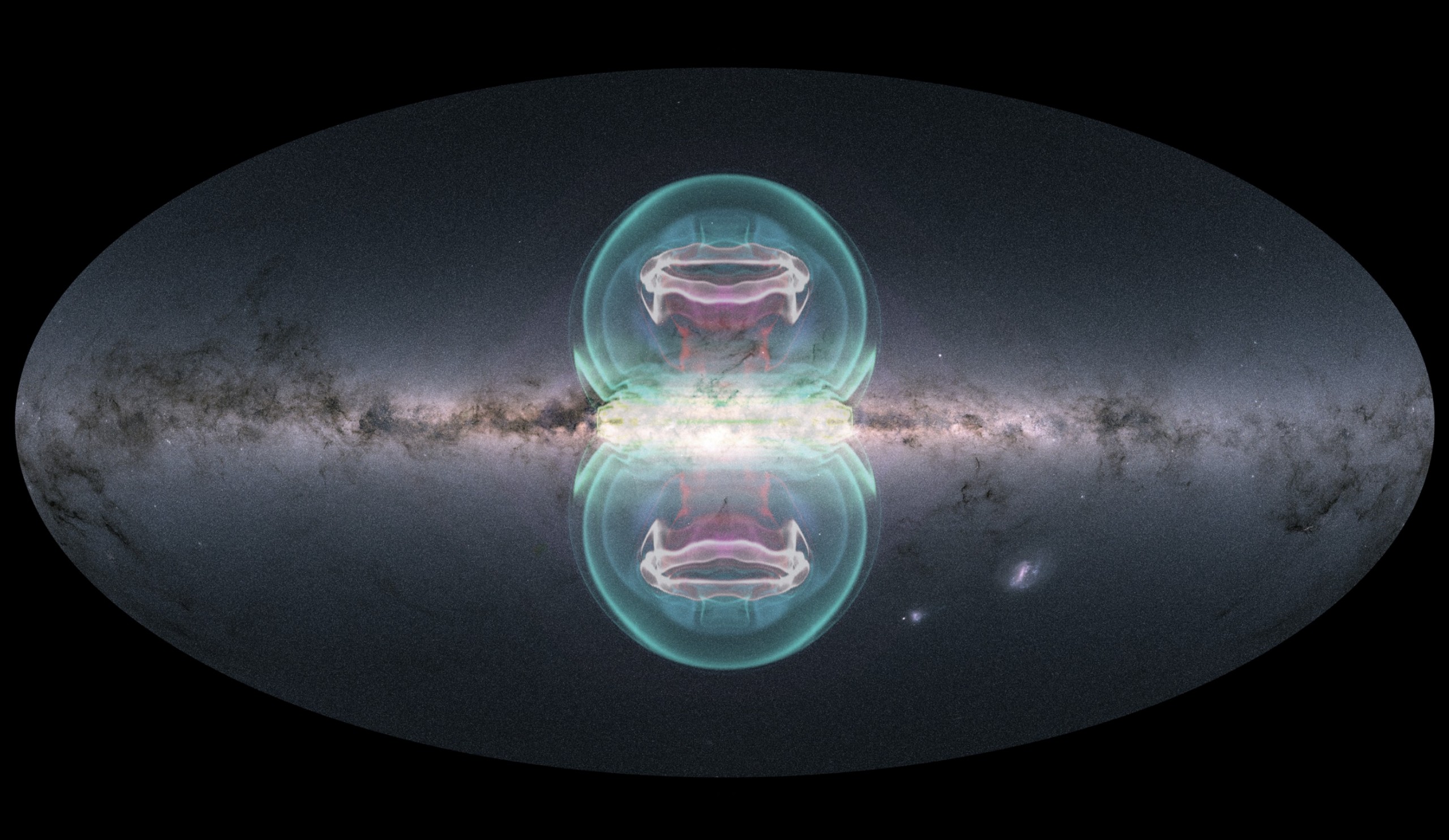
Massive bubbles at center of Milky Way caused by supermassive

Fractures and deformed skeletal structures in high PCO 2 –treated

Differences in coral hypoxia response system (HRS) that could determine

Coral reefs of the Red Sea — Challenges and potential solutions - ScienceDirect

University and Stakeholder News

Research – Department of Chemistry – UW–Madison

Coral resilience to ocean acidification and global warming through pH up-regulation
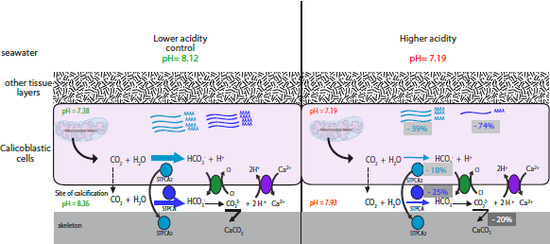
Marine Drugs, Free Full-Text

Coral skeleton formation rate determines resilience to acidifying oceans – Department of Chemistry – UW–Madison




